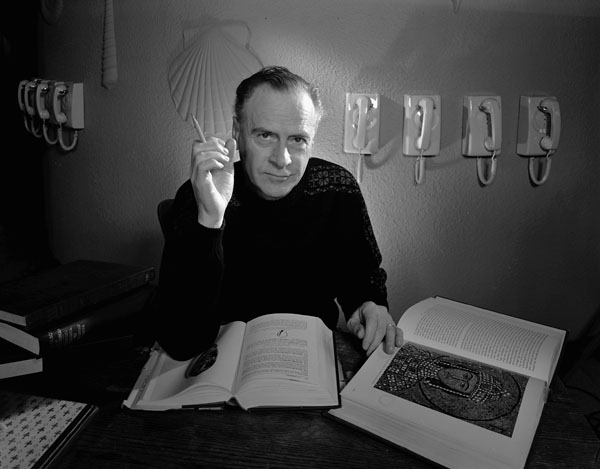Media ecology is a field of study that examines the complex relationship between media, technology and society. It explores how different forms of media, from the printing press to the internet, shape our perception, behavior and culture.
The term ‘media ecology’ was first coined by Marshall McLuhan in the 1960s. McLuhan believed that different media technologies were like environments that shape the way people think, feel and interact with one another. He famously said ‘the medium is the message’, meaning that the form of the medium has a greater impact on the human psyche than the content it carries.

Media ecology seeks to understand the impact of media on society by analyzing the ways in which different media shape human perception, communication and culture. It explores how media affect individual and collective consciousness, and how they shape social structures and relationships.
Media ecology is an interdisciplinary field that draws on a range of disciplines, including communication studies, sociology, anthropology, psychology and philosophy. It provides a framework for understanding the social, cultural and psychological implications of media and technology, and encourages critical thinking about the role of media in shaping our world.